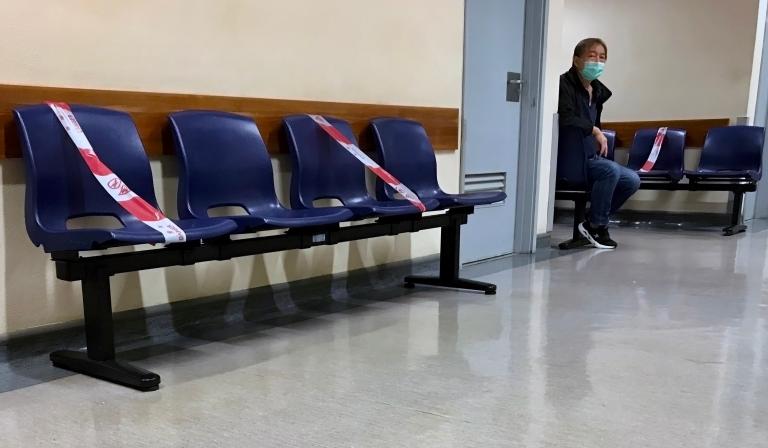14/01/2021
Transformation
Same Day Emergency Care Roundtable: 27 Jan, 4.30pm
The successful implementation of Same Day Emergency Care (SDEC) requires a collaborative approach. The PSC's performance team invites you to hear from experts in urgent care and share your experiences at our roundtable later this month.
The way urgent care is delivered is changing. Most people can name their local A&E, but what about their closest Urgent Treatment Centre? Hot clinic? Ambulatory Emergency Care service? These critical parts of the care system are just as important as A&E in helping patients be seen, diagnosed and treated on the same day.
SDEC services like these represent alternatives to hospital admission. They reduce the prevalence of issues associated with admission, such as nosocomial infection and deconditioning on inpatient wards. With COVID-19 exacerbating the need to reduce A&E attendances, and constant pressure to deliver care to patients quickly, how can we use SDEC services to provide rapid treatment to more people in the future?

Interested to join this event? Email victoria.newark@thepsc.co.uk to request a free invitation.
Growing calls for more SDEC options
Several royal colleges have joined forces to call upon hospitals to “urgently expand same day emergency care options for primary care and 111.” This will involve bringing together a wide range of generalist and specialist clinicians, and must be accompanied by change in referral behaviour such that SDEC is considered earlier for eligible patients. Referral to SDEC should be considered before admission to hospital is considered, especially, say the royal colleges, for patients who are deemed extremely clinically vulnerable.
What is needed is a collaborative approach, to learn from individual successes and apply the lessons learned to other areas.
An event by The PSC
At 16:30 on Wednesday 27th January, The PSC will be hosting a number of expert panellists from diverse parts of the health system to consider further how we can utilise SDEC to improve acute care. Our panellists include:
- Dr Katherine Henderson, President at The Royal College of Emergency Medicine
- Dr Clifford Mann, National Clinical Adviser (A&E), NHS England
- Stephen Dalton, Non-Executive Director of Greater Manchester Mental Health NHS Foundation Trust
- Rachel Vokes, Head of Hospitals Programme, National Urgent and Emergency Care Team
- Dr Steven Barden, Lead Consultant Acute Medicine & Ambulatory Care, Brighton and Sussex University Hospitals NHS Trust
The discussion will cover the challenges organisations face in implementing SDEC services, as well as the benefits they can bring. Existing services are seeing a wide range of positive outcomes - reduced waiting times, positive patient experience and the avoidance of unplanned and longer than necessary hospital stays. Even for patients who aren’t using SDEC services, they can benefit from less overcrowding in emergency departments, leading to shorter waiting times and a reduced likelihood of corridor care .
Opportunities and challenges
However, although SDEC is an important element of the NHS’ 2019 Long Term Plan, so far there is variation in the accessibility of SDEC services across the country. The PSC has been involved in work to increase access to some of these services, such as via NHS 111, and in planning what is needed to build strong and resilient services.
We believe there are other gains to be made, particularly in community-based alternatives to hospital admission – for example, urgent community response for frailty patients and mental health crisis services. Strengthening these forms of same day care, and establishing referral pathways via 111, will help prevent unnecessary A&E visits for vulnerable patients who could receive faster access to more appropriate provision elsewhere.
This could be the starting point for systems developing their SDEC offer – looking beyond their acute settings to deliver better community-based outcomes for patients who require urgent care.
If you'd like to hear more or discuss this further, email victoria.newark@thepsc.co.uk to request an invite to the SDEC virtual roundtable.
Authors: Chris Bradley, Eleanor Gibbon, Harris Lorie, Niamh Bridson-Hubbard
Latest News & Insights.

The PSC is committing to new, more challenging sustainability targets
We are delighted to announce that we are committing to new, ambitious emission…

What does a good net zero programme look like for Integrated Care Systems?
The NHS has committed to reaching net zero in 2045 and Integrated Care Systems…

The PSC Wins Double Silver at the HSJ Partnership Awards 2024
We are delighted to announce that we have been awarded double silver at The HSJ…

